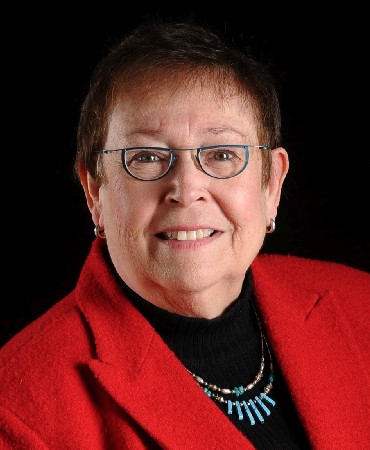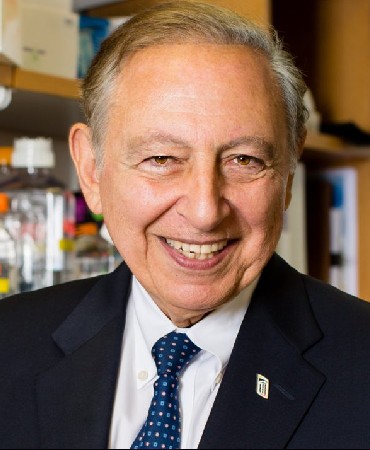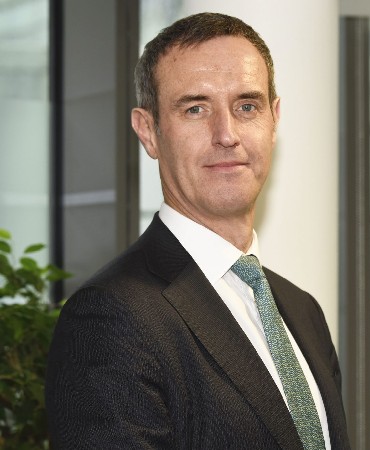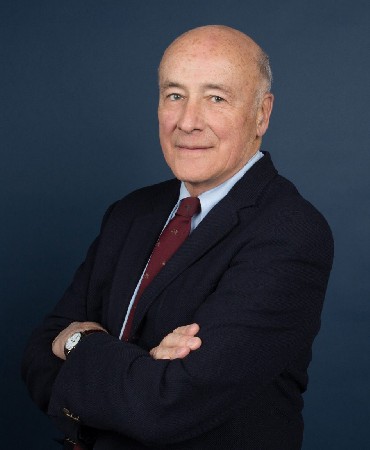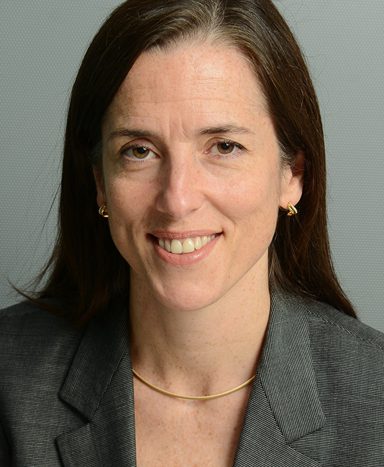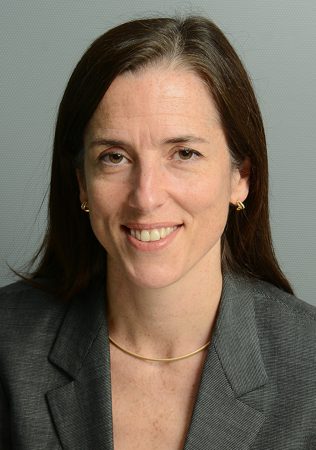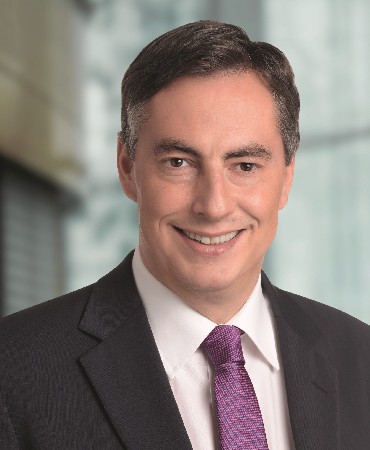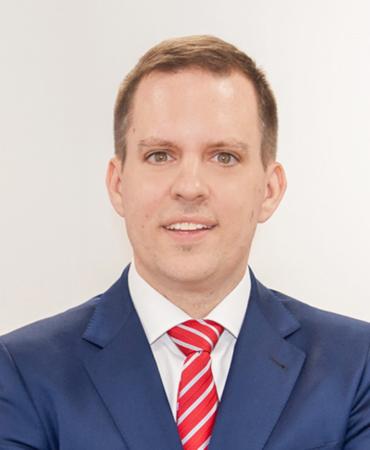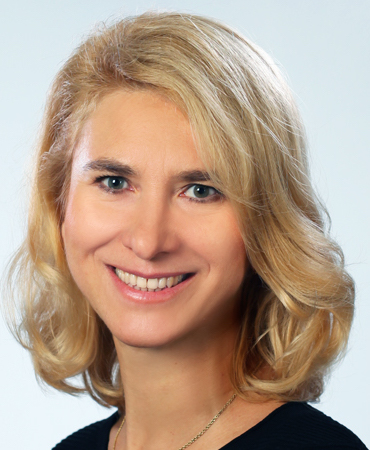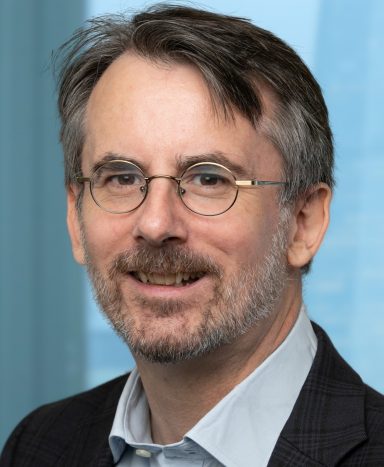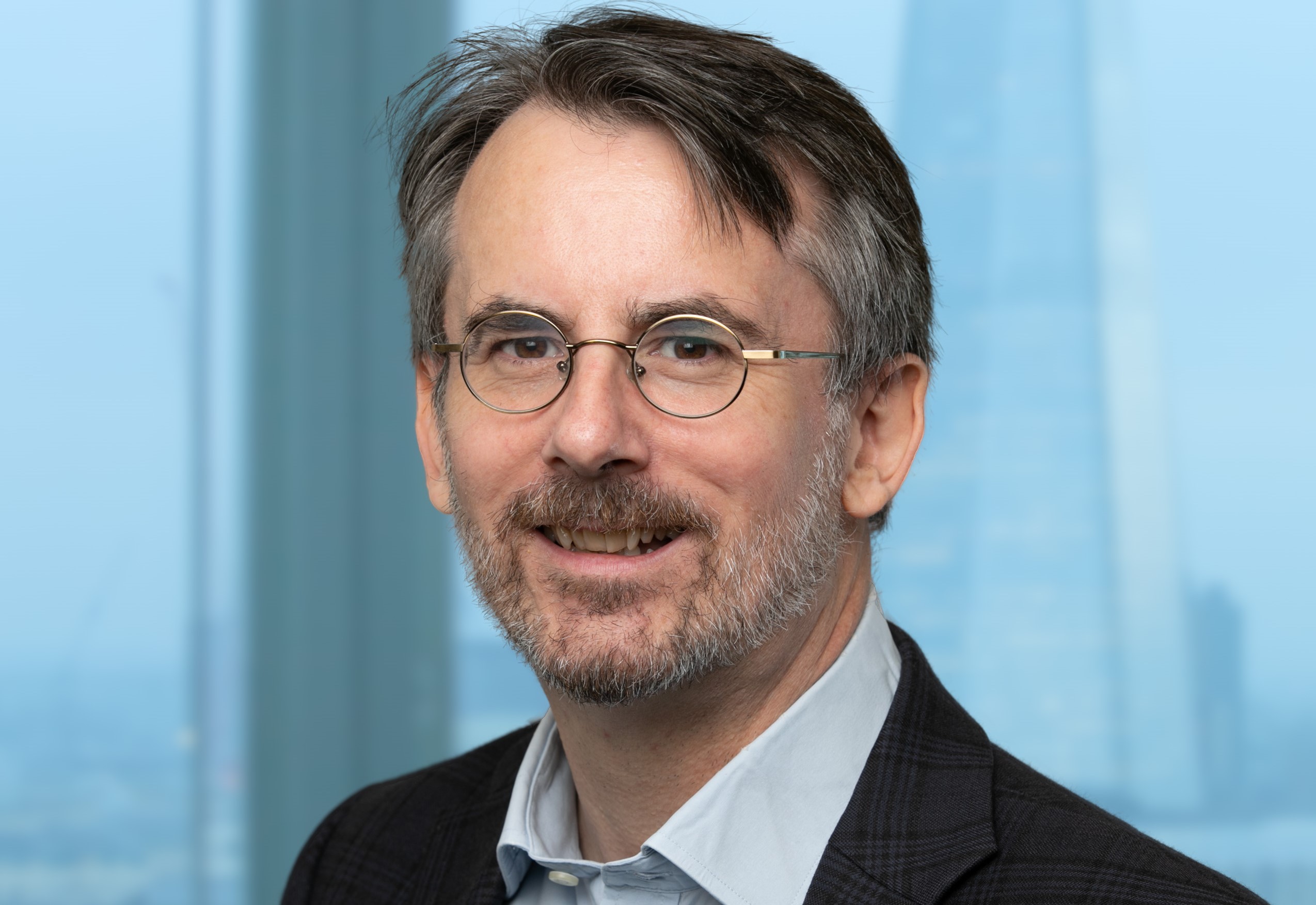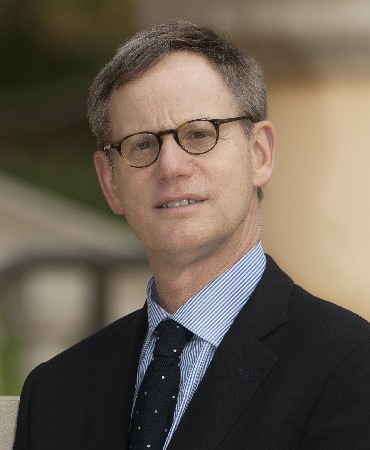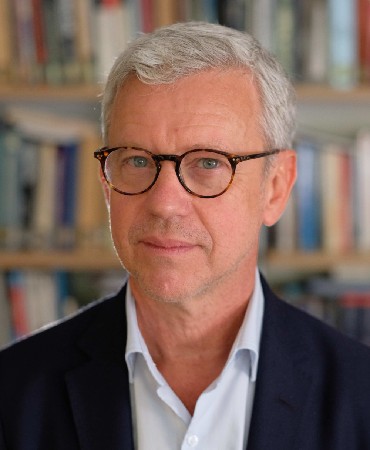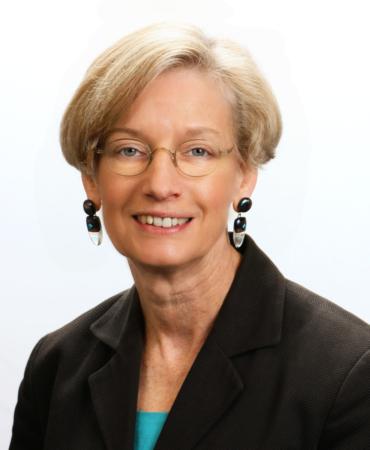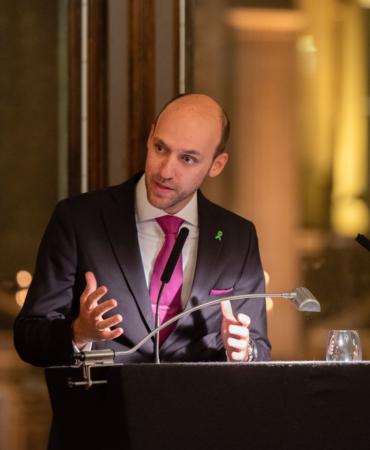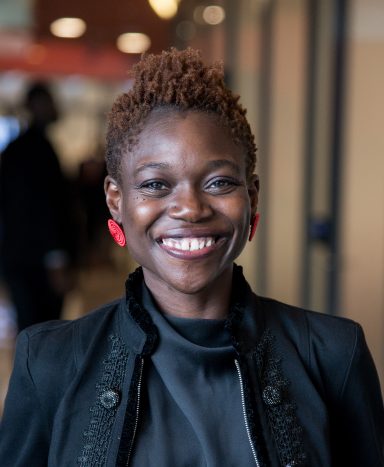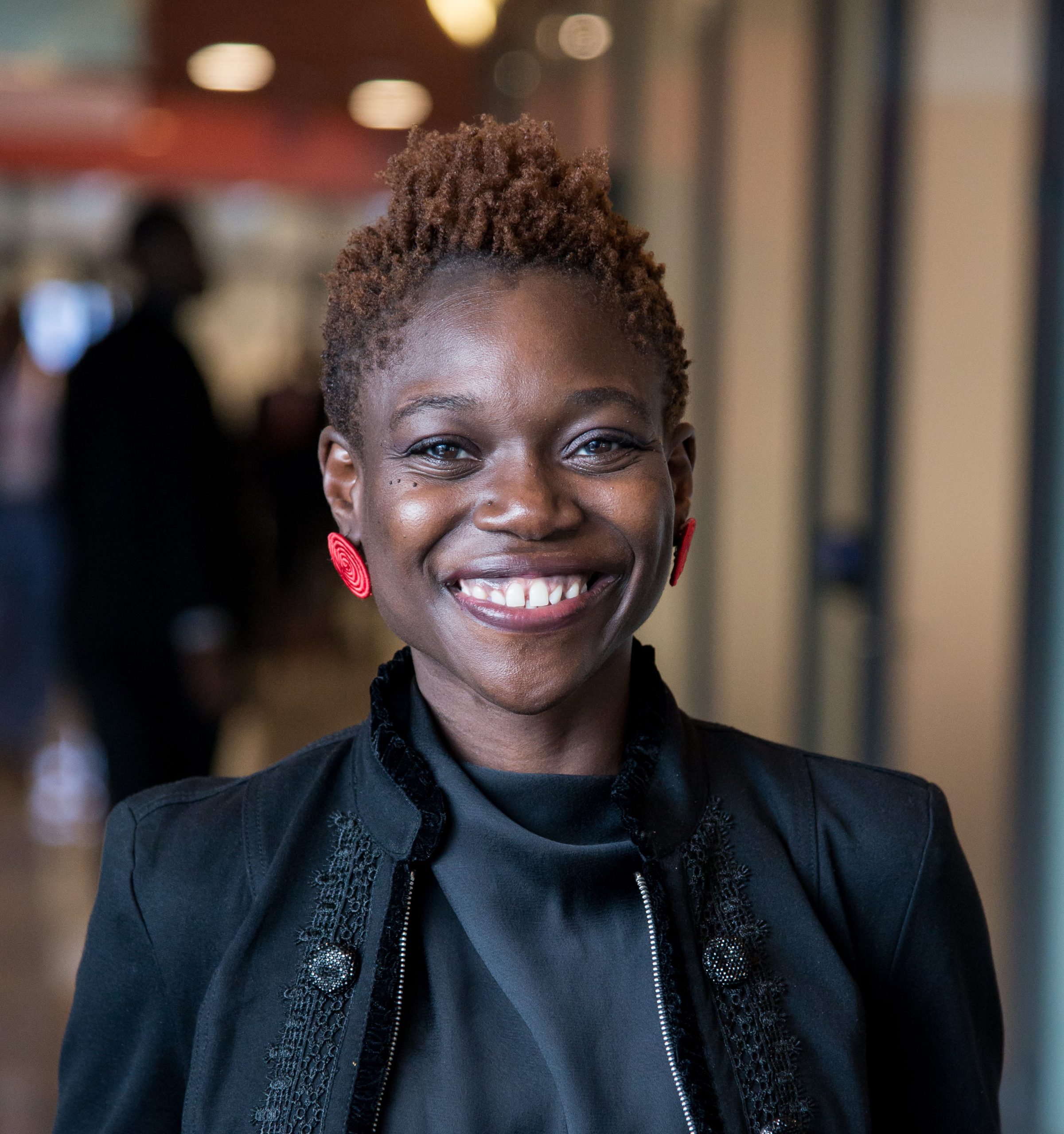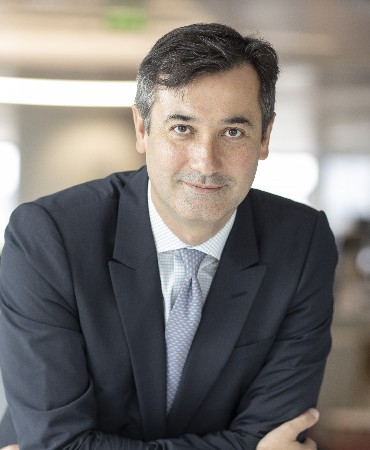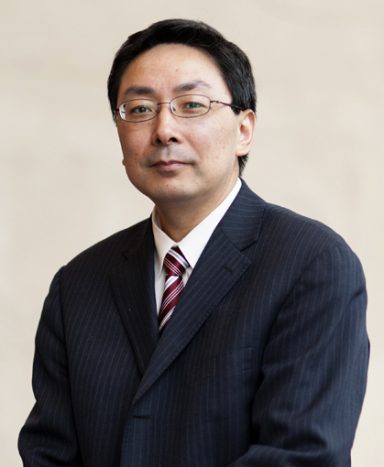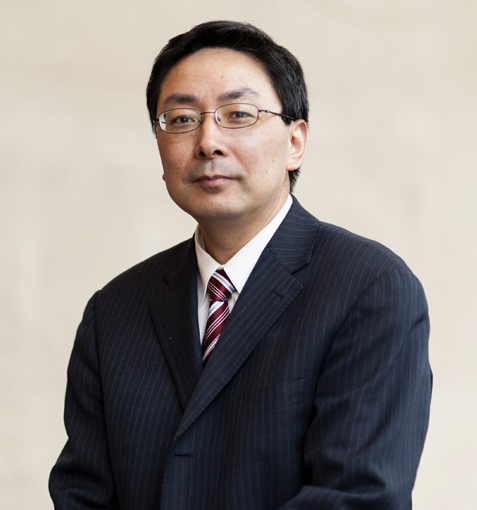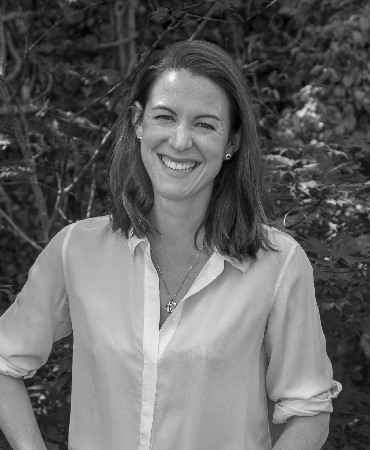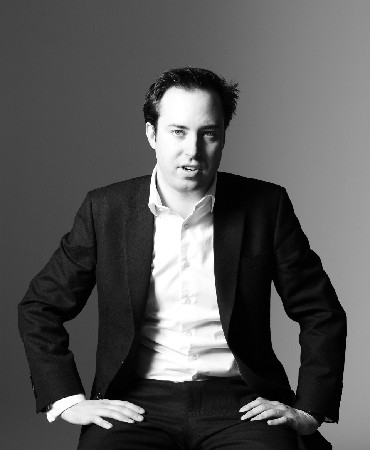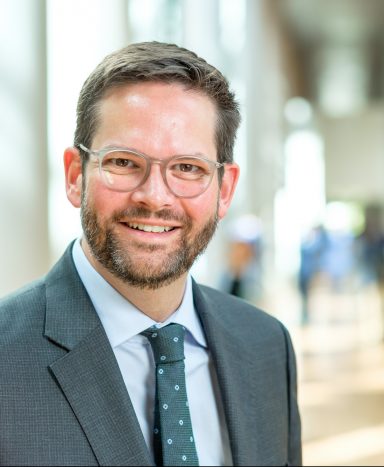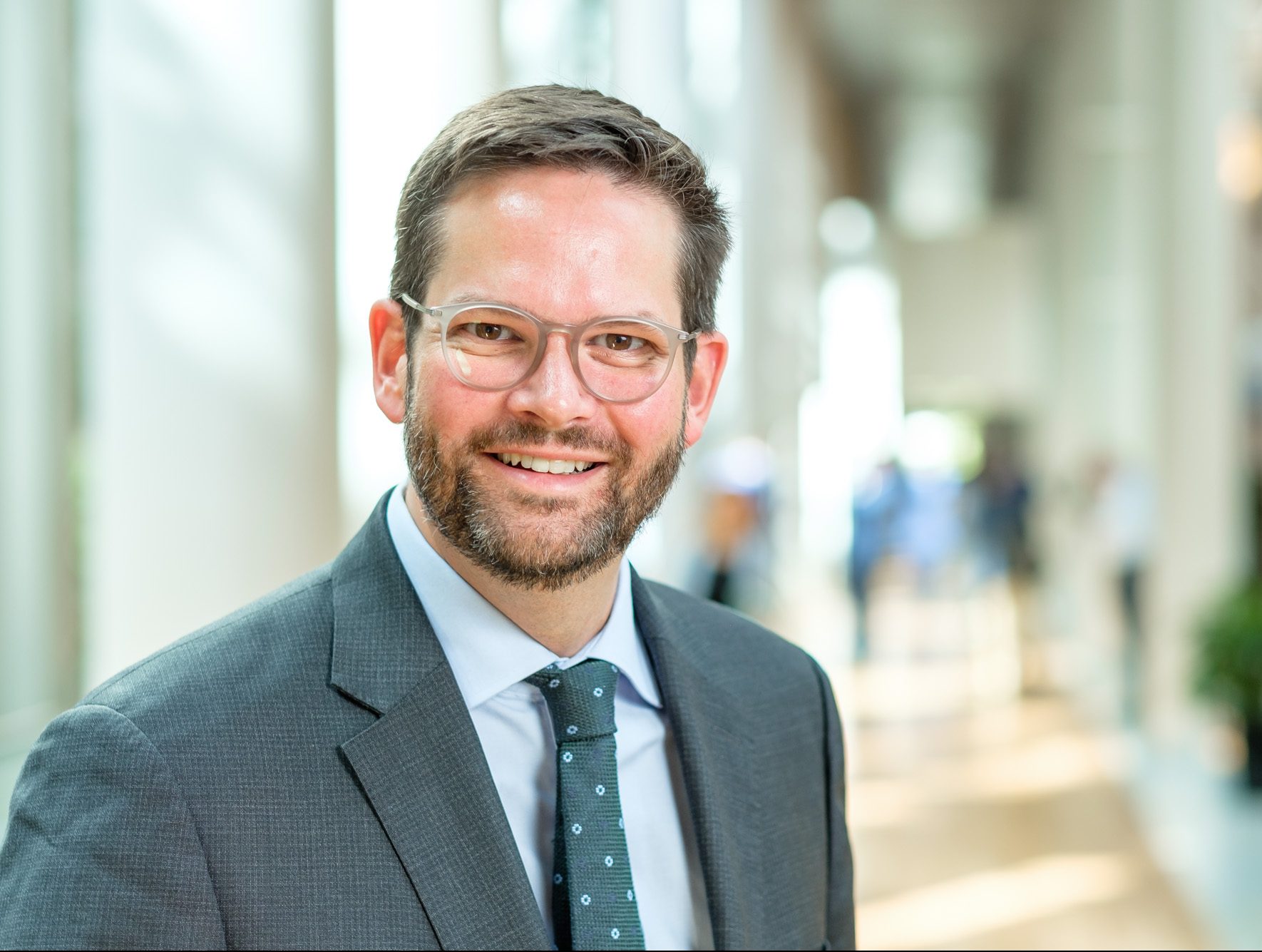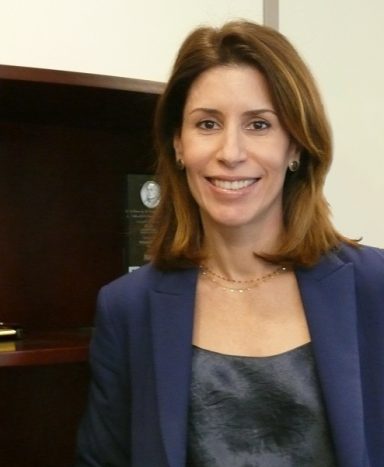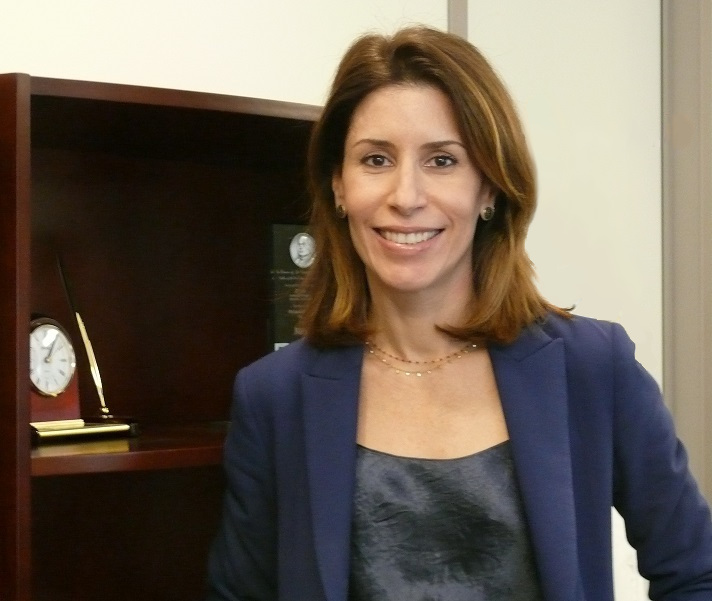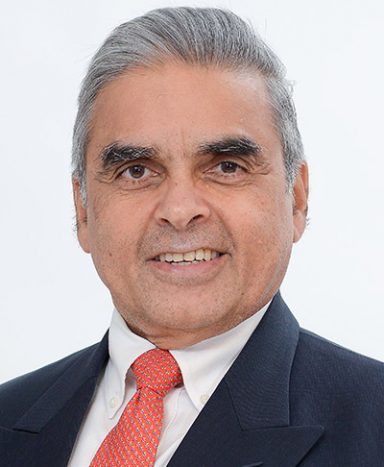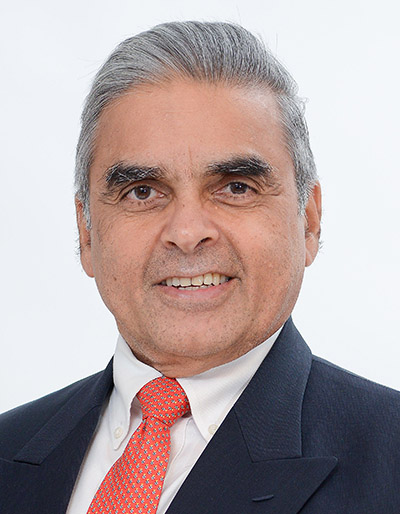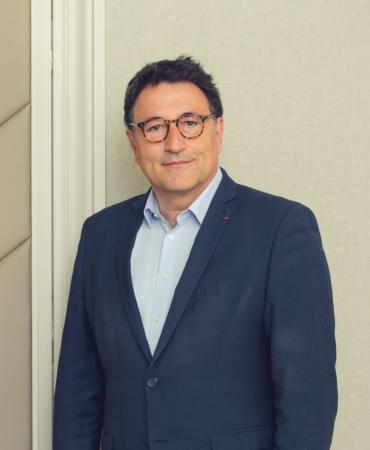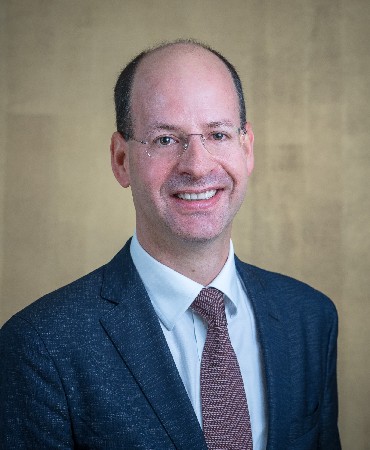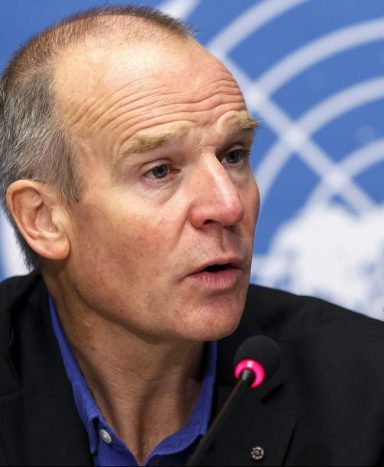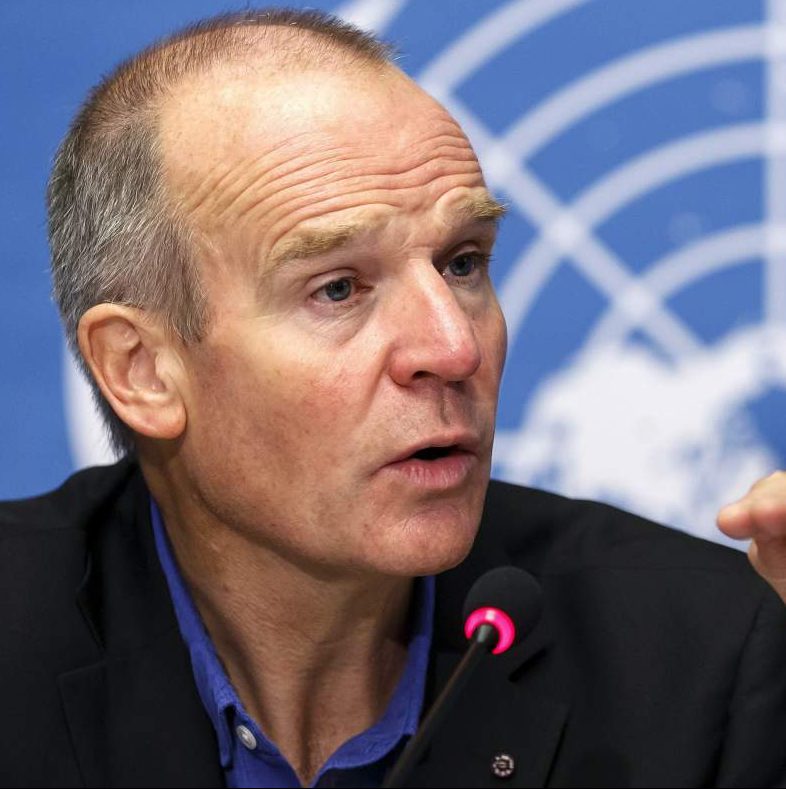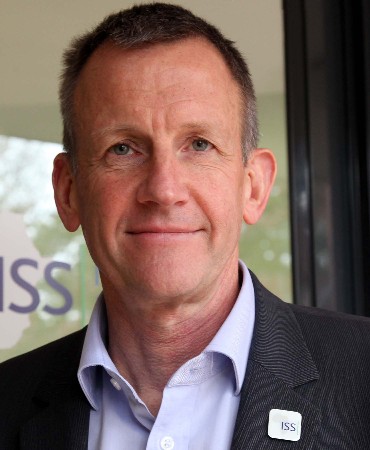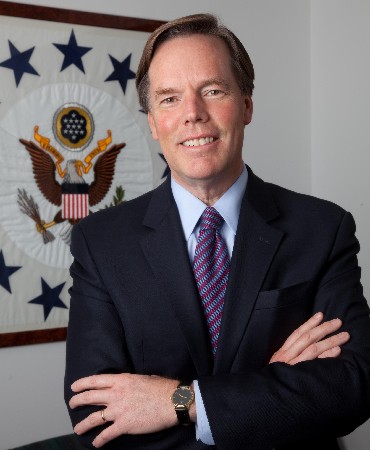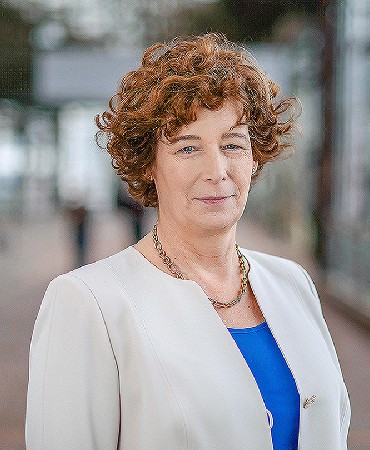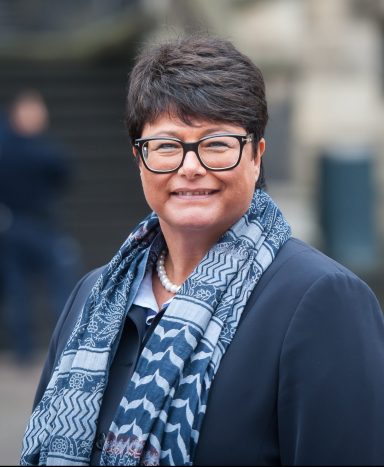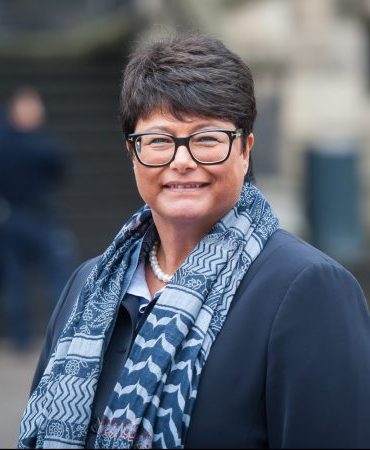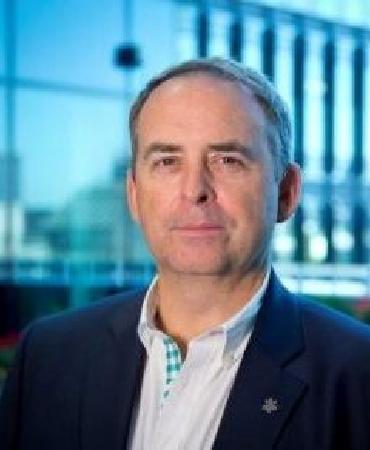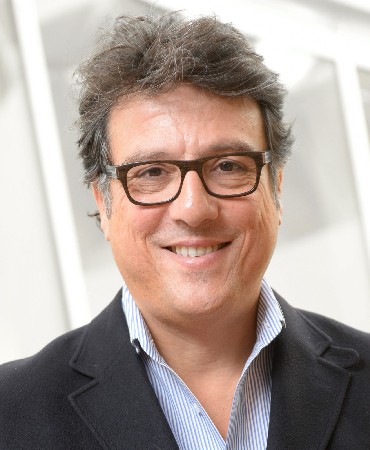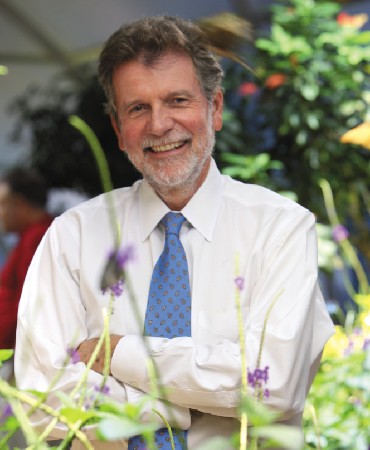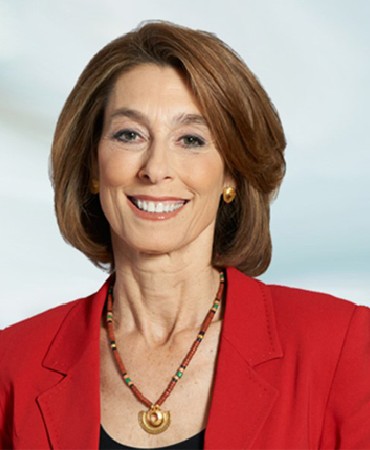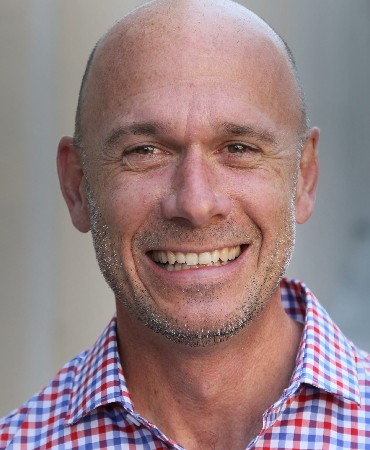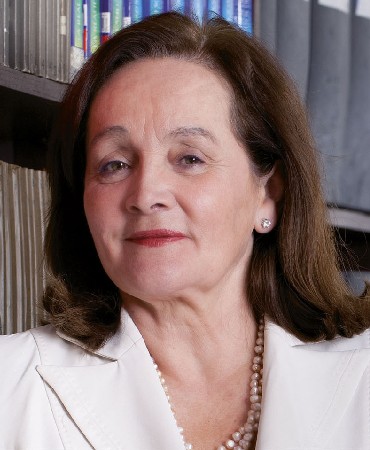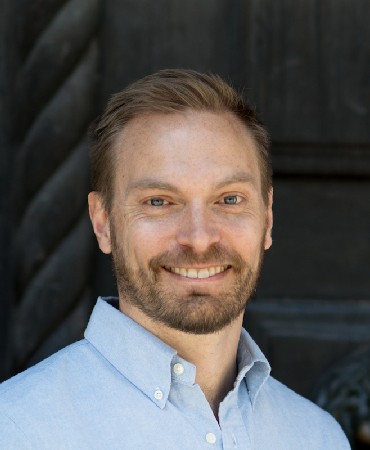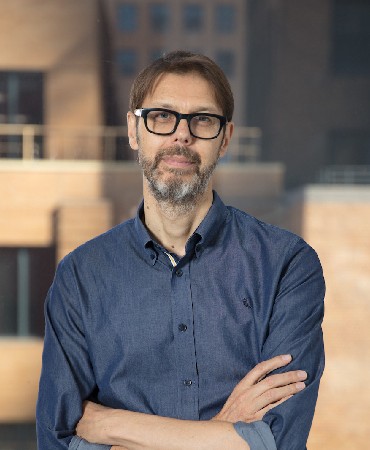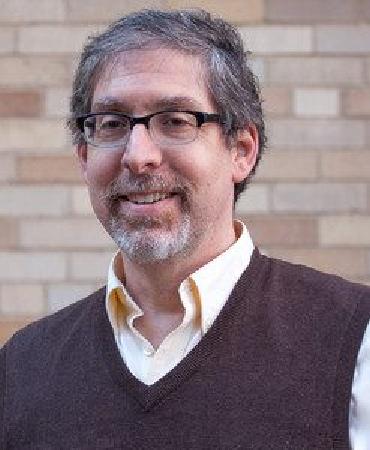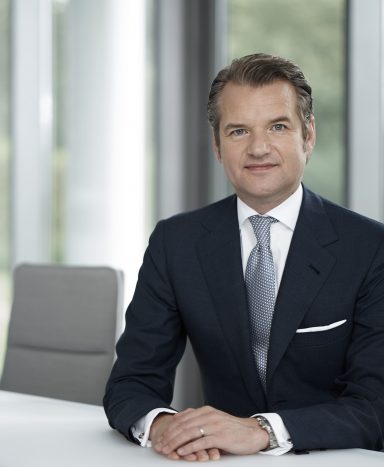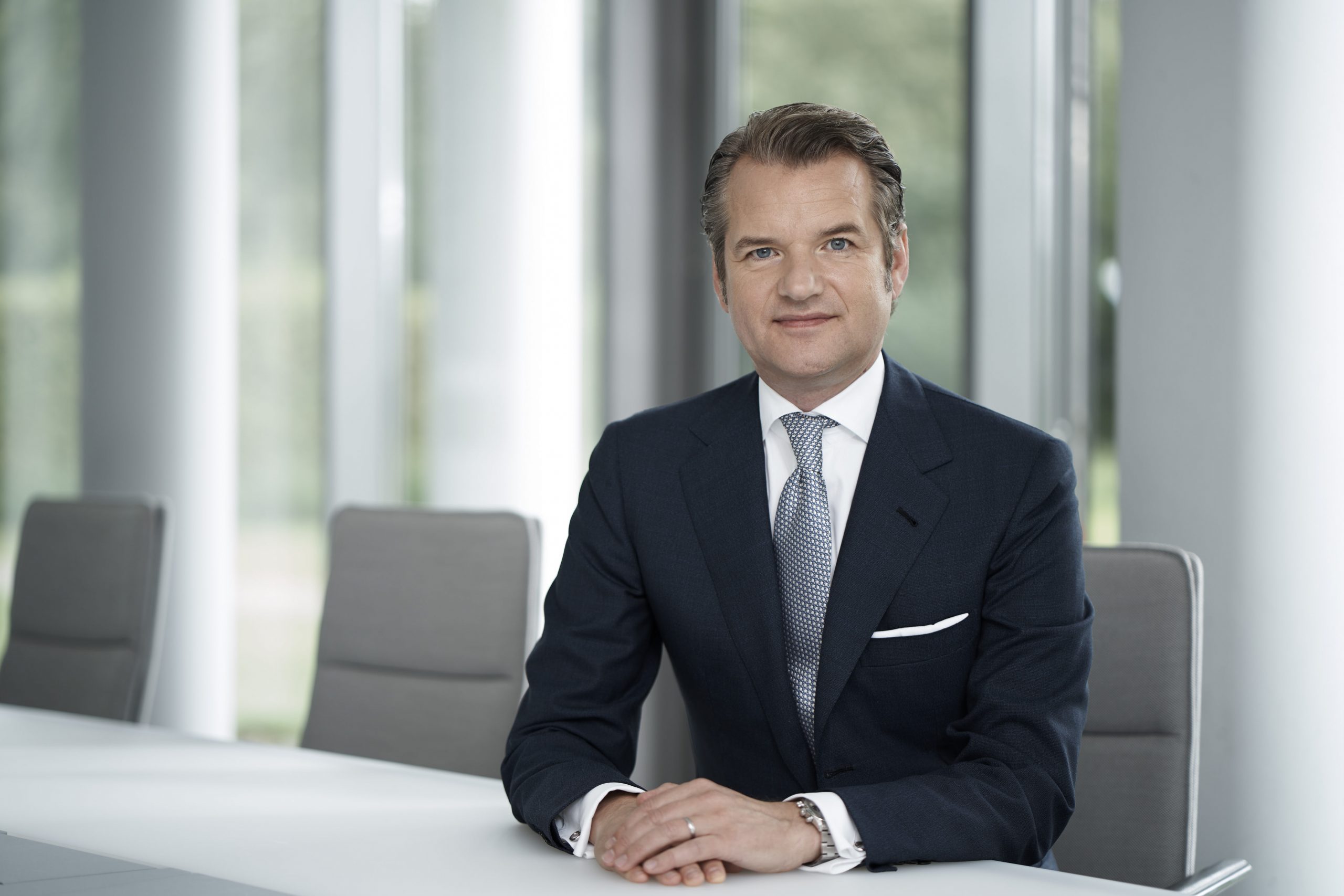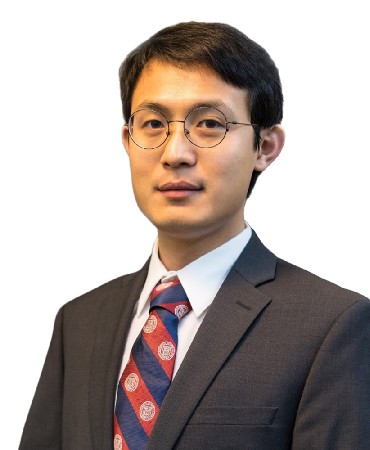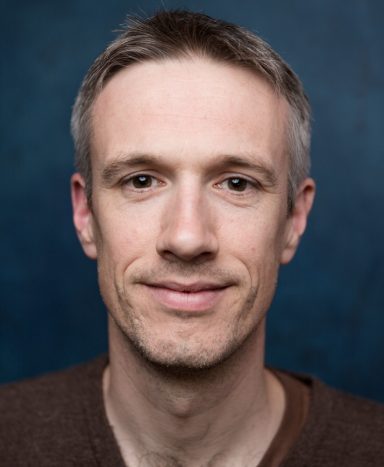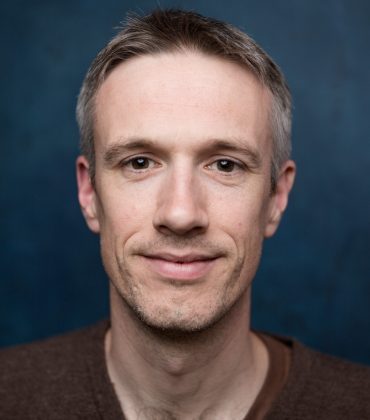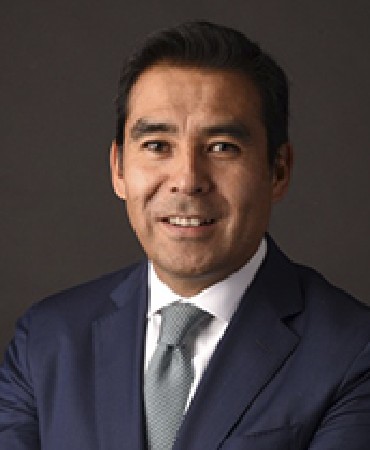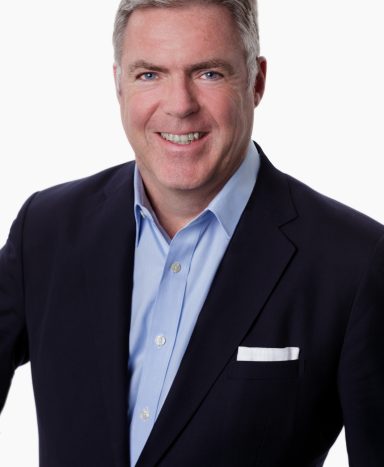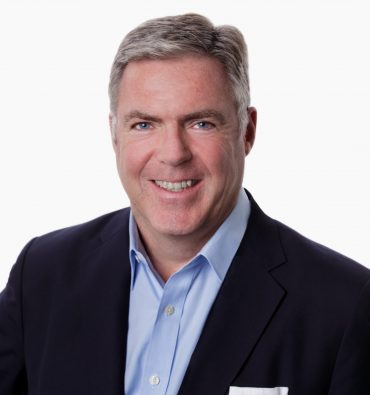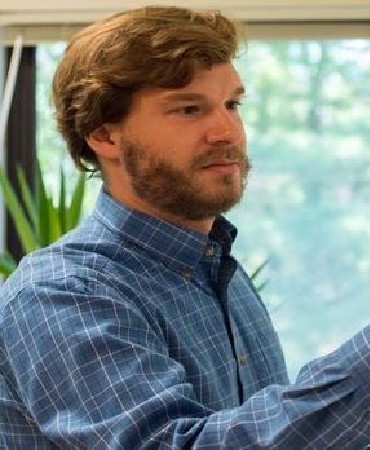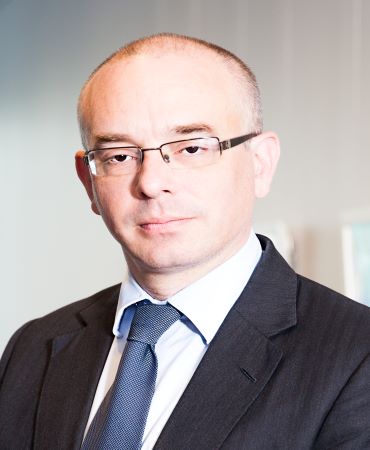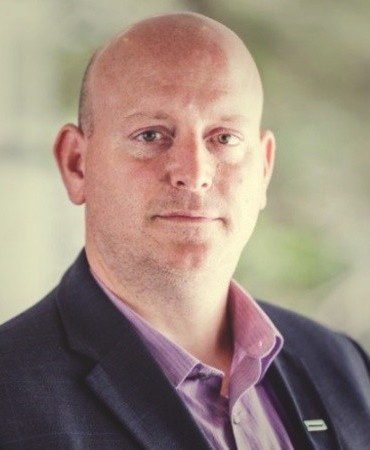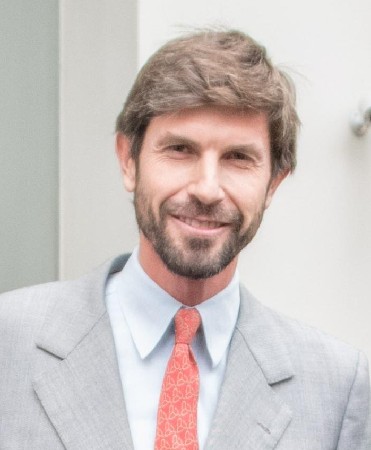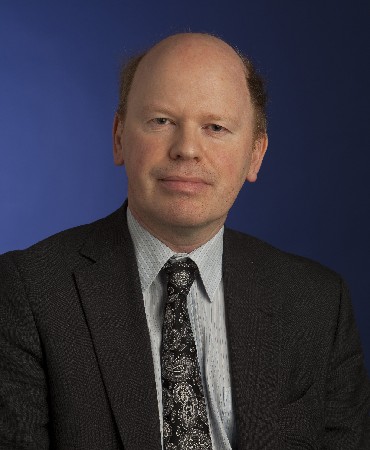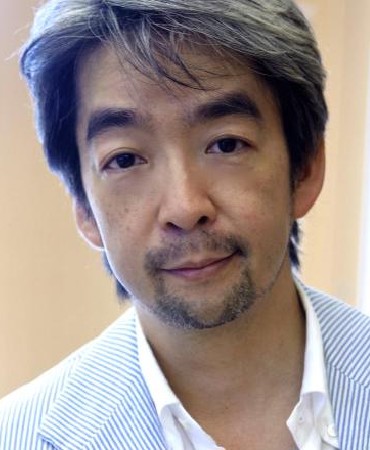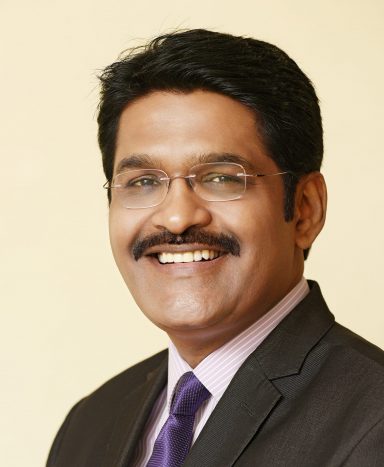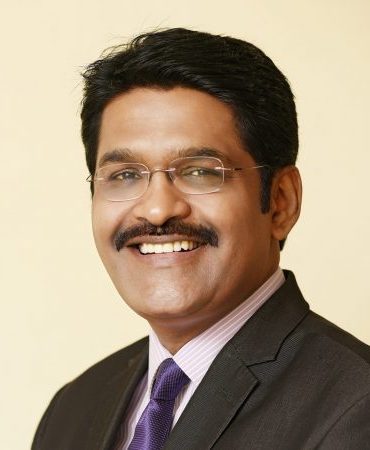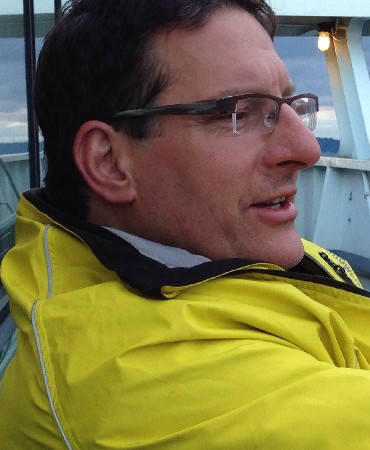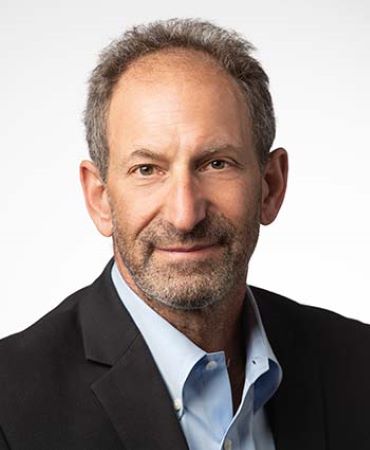- 17 NOVEMBER
- 18 NOVEMBER
- 19 NOVEMBER
- Online
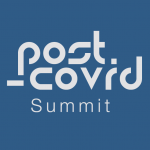


This Special Session will engage oustanding policy-makers and key representatives from academia and business in a compelling discussion on the challenges that lie ahead. How can the world recover from the devastating impact of the pandemic? Keynote speakers will offer their forward-looking insights into what the Post-COVID Era will look like.



This session will address the Post-COVID Era from a policy-making standpoint. How can we tackle the Post-COVID Era with adequate and effective policies? Outstanding speakers will discuss the much-needed support policy-makers will have to mobilise in order to meet society and business transforming needs.
Furthermore, border control and foreign policy will also be tackled during this session, as participants will debate the turn that interdependencies will take in the post-pandemic world. What lessons have we learnt from this pandemic? As climate change is calling for an urgent and multilateral approach, this session’s speakers will discuss climate governance and Green Deals in the Post-COVID Era.
Sub-Session 1.1: Supporting society and business transforming needs
Sub-Session 1.2: Post-pandemic border control and foreign policy
Sub-Session 1.3: Climate governance and green deals



This session will assess how healthcare and frontline medicine will emerge from the COVID-19 pandemic. Being one of the sectors that was most affected by the crisis, healthcare will be tackled from different points of view. Speakers will discuss how social welfare and healthcare systems will be altered in the Post-COVID Era, as both a consequence and a response to the pandemic.
Similarly, medical risk assessment will be examined, particularly with a focus on how the spread of infectious diseases can be predicted and halted. Can we conceive and design a physical environment that is better suited to disease prevention? This session will also navigate the technological breakthroughs that are driving medical advances, with participants discussing their vision for the future of healthcare and medicine.
Sub-Session 2.1: Post-pandemic changes to healthcare and social welfare systems
Sub-Session 2.2: Risk assessment and prevention
Sub-Session 2.3: Technological breakthroughs driving medical advances
Click on dates above to switch between days and see other sessions
- Online



This session’s debate will first focus on the impact of the pandemic on the specific market of venture capital. How is it possible to promote innovation and long-term investment through start-ups? The debate will propose different ways venture capital can unlock potential benefits for the global economy.
Speakers will discuss how national economies, local businesses, vulnerable workers and households can be supported in the Post-COVID Era. The discussion will also tackle how countries will need to find a challenging balance between funding injections into their local economies and avoiding foreign retaliation against such measures. Additionally, speakers will contribute to the conversation by providing their insights into how trade, commerce and finance will change in the post-pandemic age. They will provide their informed understanding on this crucial topic by envisioning the future of global markets.
Sub-Session 3.1: Unlocking society’s benefits through Venture Capital and Start-ups in the Post-COVID Era
Sub-Session 3.2: Supporting national economies, local businesses, and vulnerable workers
Sub-Session 3.3: Reshaping international economic and financial interdependencies in the Post-COVID Era



How can we make the most out of technological advances in the Post-COVID Era? The need for containment and monitoring measures has certainly found an ally in technology: apps, tracking devices and AI-based technologies of all sorts have served the purpose of flattening the curve. Yet, privacy concerns have rapidly emerged and entered the debate. This session’s speakers will thus evaluate the trade-off between privacy and safety when monitoring people and tracking the spread of diseases.
The debate will also take a look at how technology is helping societies reshape the way people work and live, without neglecting that access to remote working and distance learning is not equally available to all people. How can we bridge the digital divide, then? Last but not least, the debate will turn to how people and businesses can be empowered by leveraging AI and Big Data in the Post-COVID Era.
Sub-Session 4.1: Evaluating the trade-off between privacy and safety
Sub-Session 4.2: Welcoming new ways of working and living and bridging the digital divide
Sub-Session 4.3: Leveraging AI and Big Data to empower people and businesses
Click on dates above to switch between days and see other sessions
- Online



In what ways will societies differ in the Post-COVID Era? This session will focus on the transformations that societies will experience in the post-pandemic world. The spread of COVID-19 has certainly had an impact on the way people work and live. An increasing amount of social scientific research has looked at the implications of both the COVID-19 pandemic and the quarantine measures that have been implemented. Speakers will assess the psychological and sociological effects on populations, notably on vulnerable people.
Which historical and philosophical lessons can we draw from post-pandemic societies? Participants will address the Post-COVID Era from a historical and philosophical standpoint, in an attempt to better prepare for the future by learning from the past. The debate will then turn to how travel and mobility have been impacted by the pandemic and how they will necessarily change in the Post-COVID Era.
Sub-Session 5.1: Factoring in the psychological and sociological implications of COVID-19
Sub-Session 5.2: Historical and philosophical lessons from post-pandemic societies
Sub-Session 5.3: Adapting to changes in travel and mobility in the Post-COVID Era



What challenges will businesses face in the Post-COVID Era? This session will explore business concerns in the Post-COVID Era, notably in terms of fostering innovation. Multinational corporations and local companies have all been affected by COVID-19. Speakers will thus discuss best practices and innovation strategies that businesses across sectors should implement to tackle the impact of the pandemic.
Innovation will be discussed through the lens of public-private partnerships and data collaboration in the Post-COVID Era. Close attention will also be devoted to the Energy sector and its potential for innovation. Finally, the session will focus on how businesses can best adapt to the shifting needs and behaviours that characterise post-pandemic consumption patterns.
Sub-Session 6.1: Fostering innovation through public-private partnership and data collaboration
Sub-Session 6.2: The innovation potential of the Energy sector
Sub-Session 6.3: Adapting to post-pandemic consumption patterns
Click on dates above to switch between days and see other sessions



